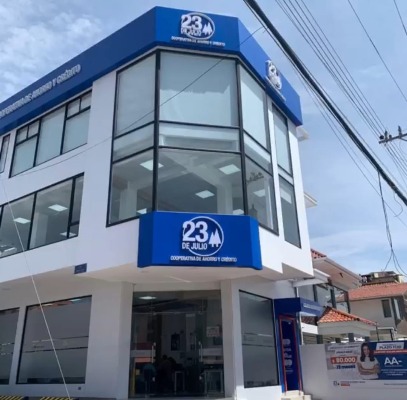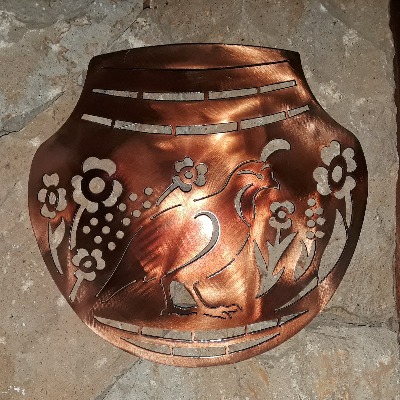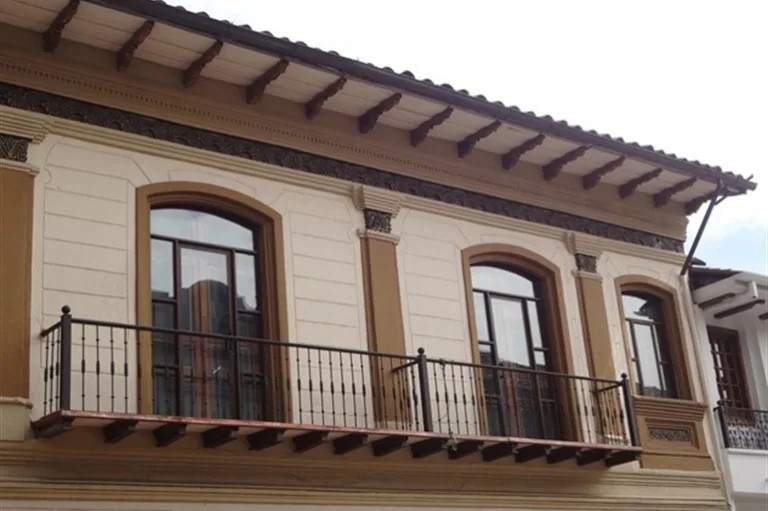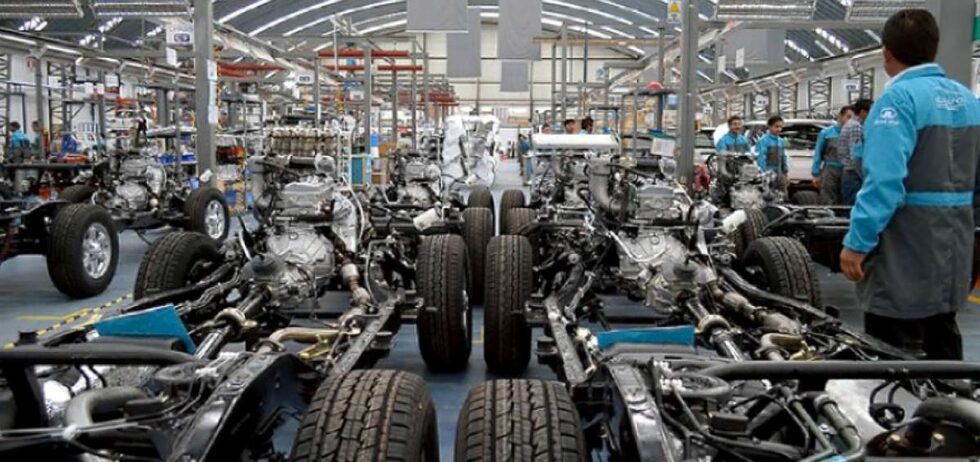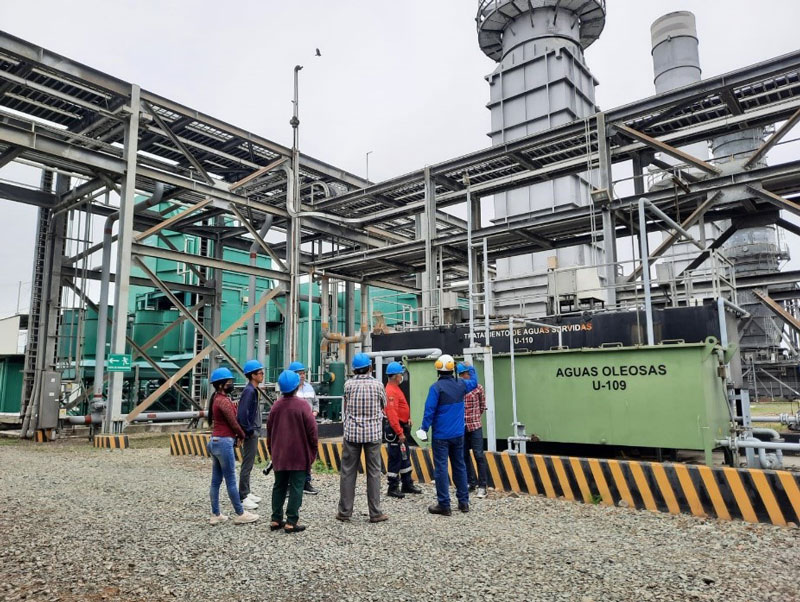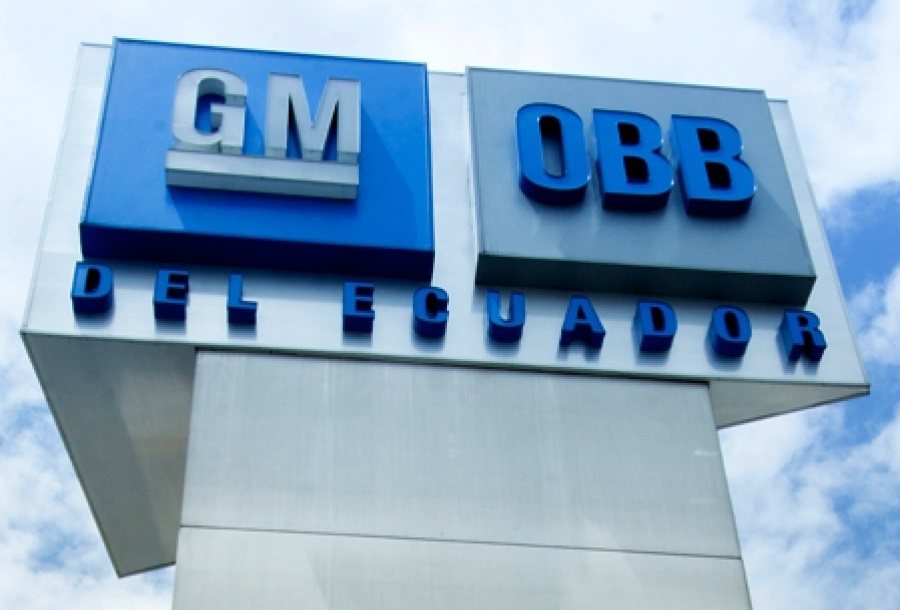The decline and fall of Rafael Correa and why it’s such a shame that it’s happening this way
Few webcam users master the theatrical elements of on-camera presence.
Because of the camera’s in-your-face vantage point, subjects’ noses and mouths appear too big while bad lighting puts them either in shadow or provides a dentist’s view of stained incisors and chapped lips.
Almost always, there’s a goof-ball element to the homemade broadcasts, whether they appear on international tv news channels or in Skype calls to the kids back home in Indiana.
Such was the case Saturday when former president Rafael Correa, over-lit and too close to the camera, presented the first sabatina of his ex-presidency. Broadcast on Facebook from his apartment in Brussels, the event was aimed primarily at Correa’s dwindling troupe of Alianza País loyalists back in Quito, the message mostly a rehash of old Twitter attacks on President Lenin Moreno.

Rafael
Gone was the professional production quality of his presidential sabatinas, the congenial audience, the backdrop of the giant video screen, the bantering sidekick, the bands, the dancers, and the clowns.
It was just a pissed-off guy sitting in his spare bedroom talking to a computer.
Since Correa really had nothing new to report, watching his florid, distorted face reminded me of Ernest in his late 1980s and early 1990s movies (“Ernest Goes to Camp,” “Ernest Goes to School,” “Ernest Goes to Jail,” etc.)

Ernest
What’s truly a shame is that Correa is ending his political career this way, full of rage, far away, a dab of paint on his nose. Although it is certainly an ending of his own making, it is still a shame.
For the first six years of his presidency, Rafael Correa was probably the most effective Ecuadorian president in 100 years. Battling the entrenched old guard and its colonial mentality, which he aptly referred to as the oligarchy, he modernized the country’s infrastructure, upgraded the national education and health care systems. He attacked poverty and crime not just with money, but with intelligently conceived programs that made Ecuador a leader in Latin America.
Most expats who knew the country before Correa, watched the transformation and were impressed and a transformed Ecuador attracted thousands of new expats.
Things changed during his second full term in office, however. The collapse of oil prices took a toll on the national budget and the government turned to the credit markets, particularly the Chinese government, to fill the gap. The first signs of corruption emerged within the government and Correa played damage control the only way he knows how, by attacking the messenger.

Happy days at Alianza Páis are no longer here.
More disturbingly, Correa’s control-freak tendencies and belief that he alone knew what was best for Ecuador became the driving force of his governance. With a super majority in the National Assembly willing to pass any legislation he put forward, he expanded the reach of the central government, restricted the role of local governments and civil society, slapped new regulations on business, and clamped down on personal freedoms.
Never known for refined social skills, Correa turned his aggression away from the oligarchy, where it had been effective, and toward those who disagreed with his big government policies, many of whom were former supporters. Ideas were replaced by ideology, action with shibboleths.
Today, as Lenin Moreno shapes a new government, relaxing many of the controls installed by Correa, the ex-president’s wounded but unsinkable ego veritably squeals in pain. Correa’s insults of Moreno, delivered via Twitter, of “traitor”, “liar”, “fraud”, “terrorist”, and “deceiver” have all the originality of junior high school boys bellowing at each other across the schoolyard, while their rapid-fire fury suggest a victim of Tourette Syndrome.
Even as the latest poll numbers show his popularity dropping like a rock, now more than 30 points below Moreno’s, Correa doesn’t know when to stop. The evidence is overwhelming that the public not only does not understand his arguments against Moreno, they don’t agree and they don’t care.
Moreno holds all the cards at this point and one that he may soon play could cut Correa the deepest, calling a national referendum to reverse Correa’s constitutional amendment allowing the indefinite re-election of the president, precluding a possible Correa return to the presidential palace. No amount of shrieks and wails from Correa and his gaggle of Alianza Páis devotees, who have come to resemble the followers of North Korea’s “dear leader” Kim Jong Un, can change the outcome.
Rafael Correa has played a transformational role in Ecuador’s history. He deserves credit for truly remarkable achievements. Today, he would serve the country and himself well by dialing back the racket.
Also read, The report card on Correa after eight years, by David Morrill.
________________
David Morrill is editor of CuencaHighLife.





